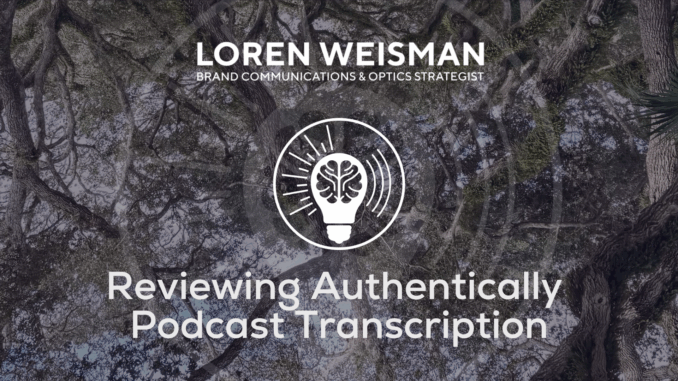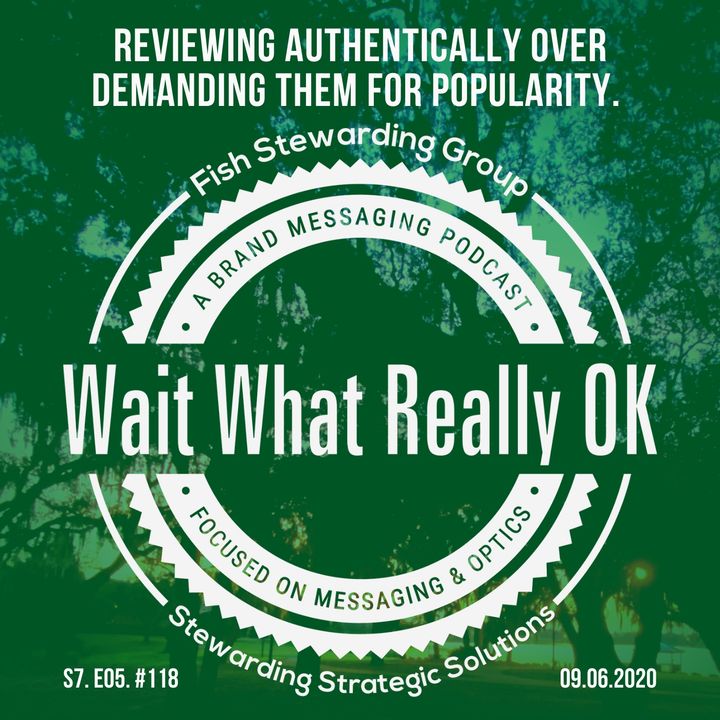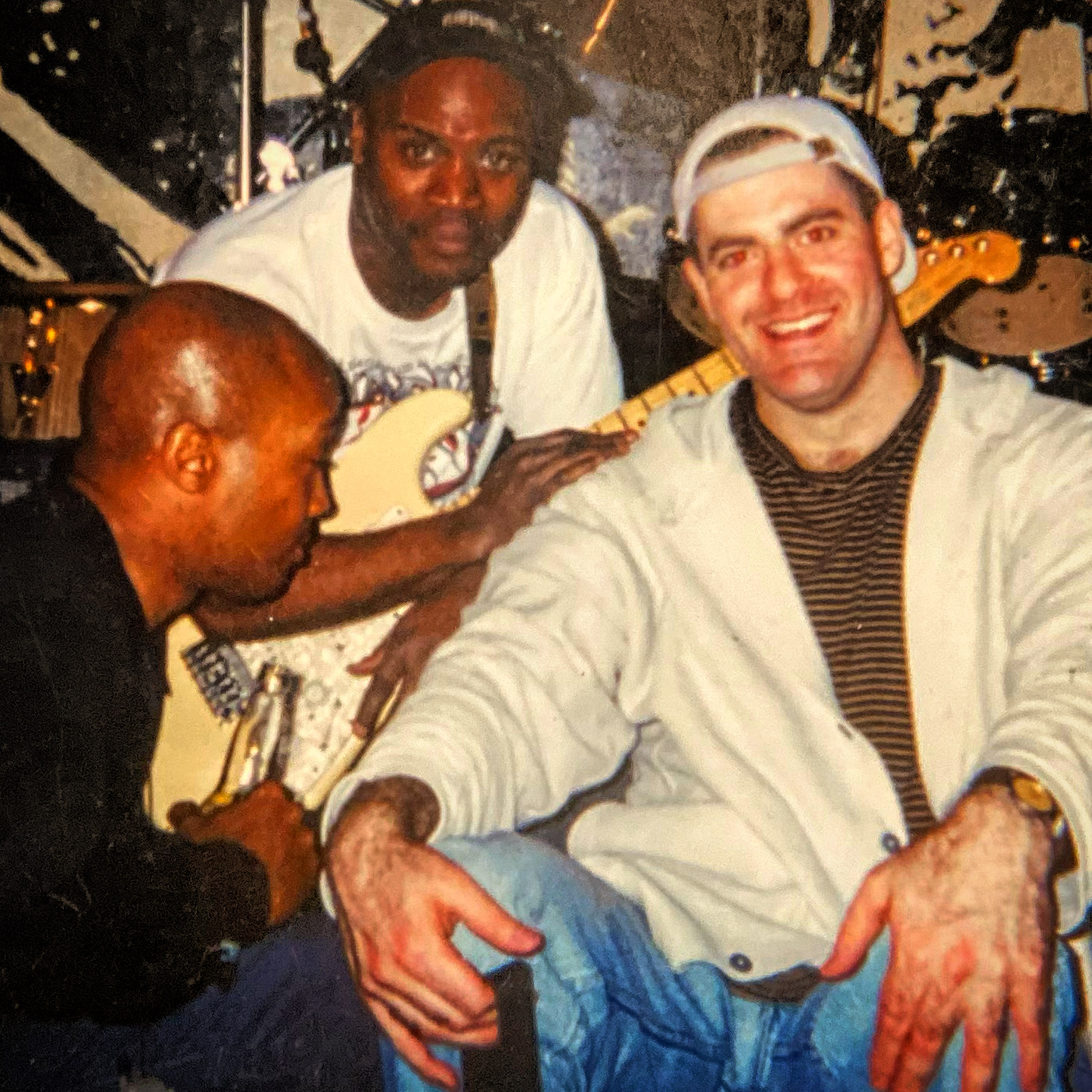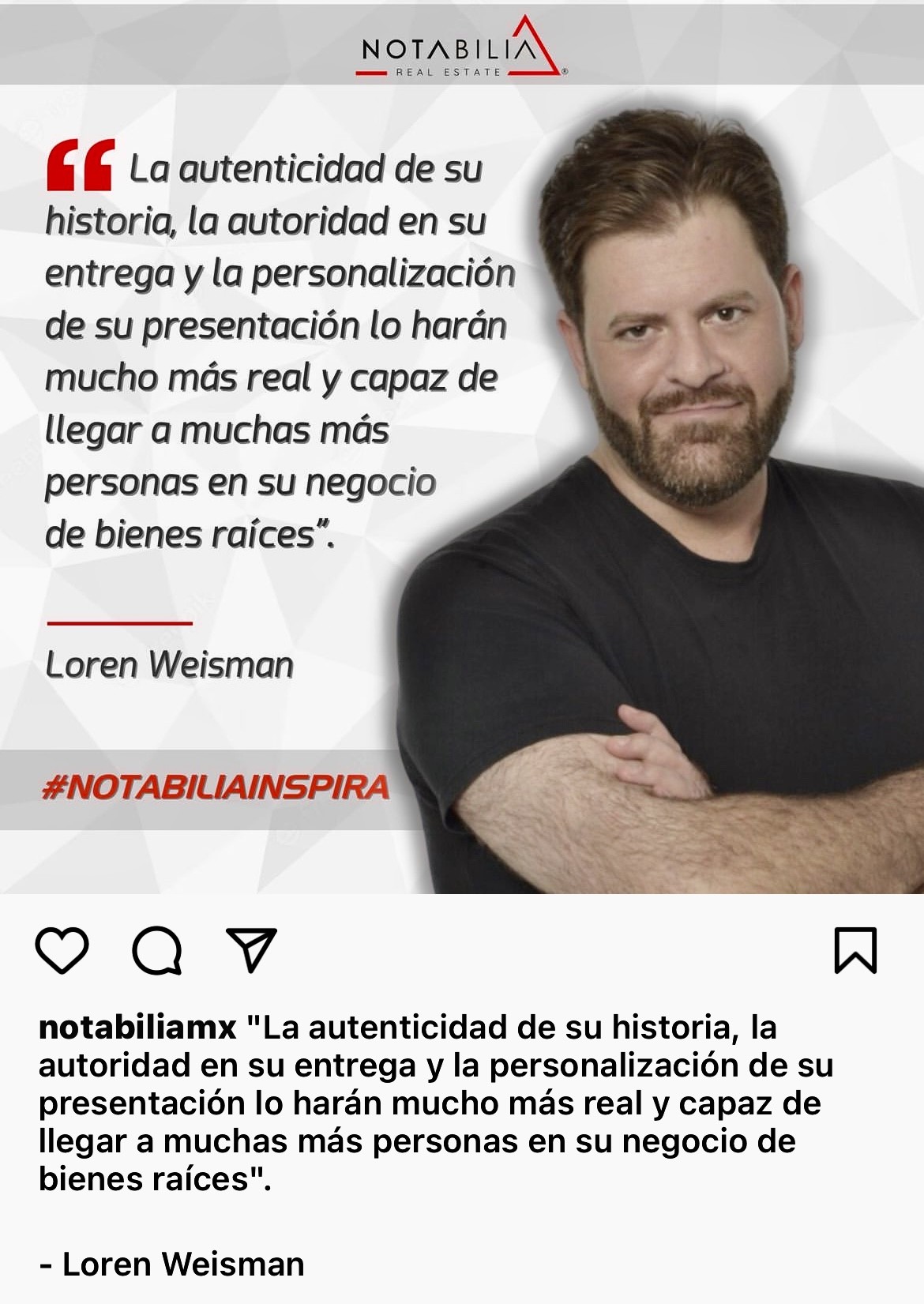
Reviewing authentically Transcription

Reviewing authentically Transcription

Release date – September 6, 2020 (United States)
🎙️ Tune In:
Listen to this Wait What Really Ok Podcast Episode on
Spotify
Apple Podcasts
Pandora
Amazon Music
Youtube
and other platforms.
Reviewing authentically Transcription
Wait, What? Really? OK with your host, Loren Weisman. This is a fully licensed theme song for the show about stuff that makes you say, wait, what? Really? Reviewing authentically over demanding them for popularity. This is Loren Weisman. This is the brand messaging podcast. Wait, What? Really? Okay. And how many times have you experienced just that obnoxious push? Don’t forget to review. Please review. Some people are asking people to come in and leave reviews before they even ask them to experience their business, their product, their, their show, their coffee, their restaurant, their hotel or whatever else.
It’s overwhelming, it’s inundating. And at the same time, there are many of us, we find ourselves at that fault. We are in that place. We are asking. It’s this. Please review. Please review. There’s a false sense of authenticity in attacking people to try to get popularity from others. It’s also really. It can be perceived, not conceived. It can be perceived as disrespectful as someone is getting a chance to connect with you. If the first thing they’re being told to do is, is to review you. That really doesn’t honor that they just came through that they might want to experience, that they might want to learn. I don’t like it when I see people that are immediately say, okay, I just did this, now review me. If it’s a certain product, I want to use that product for a while. If it’s a certain business, I want to, I want to experience it. I mean, there are certain, there are certain elements when it comes to restaurants, hotels, other sort of right off the bat things, that’s one thing.
But this, this push to just review. And then at the same time, it’s.They’re, they’re the false reviewers. The people that just go out and they five star everything, the greatest, the best ever. Oh, this is just wonderful. And they’re going for this false, almost immoral popularity. What I’m talking about in this episode is reviewing authentically over demanding for popularity in looking at adding to your messaging. And it even ties to your marketing sites like TripAdvisor, Yelp, the Google business sites. And this is reviewing not to market, not to try to steal the. Steal the thunder or redirect someone, but to use the. Use one or all of these sites or other sites to showcase who you are.
What I mean by that is this is indirect messaging to build up your authenticity and your authority in a way that may not even tie to your service or your product, your business, but it’s worth gold in allowing someone to connect with you, even Indirectly, whether they’re going to need you down the line or not. Maybe they follow your restaurant reviews and after a couple restaurants where they feel in line, they dig in a little bit more. They want to learn more about you. Of course, in TripAdvisor, Yelp, Google Business, you make sure that you clearly have your information listed. So it is a soft motion into what you do and not that you’re out there reviewing to try to grab new customers.
Think about reviewing from an authentic standpoint, from an engagement standpoint. And a lot of real estate agents especially you could be doing so much better as opposed to the blast of I am your trusted agent. I know this area better than anyone else. Prove it. Here’s a way where you can prove it. A real estate agent in my neighborhood, I live in an area called Windermere, Florida. I haven’t really experienced, I’ve experienced the real estate agents that are in this area that they’ll go into a place, they’ll add a billion hashtags.
They say it’s the greatest thing in the entire world. And you know, they pop that out once a month. But then going down, I don’t know anything else. Especially inside of real estate and positional, locational, regional people review that restaurant review that park review that service in real estate review the contractors, the independent contractors, the people that fix things, allow for people as they’re learning you not expecting them to trust you, but more so you building trust with them because there’s an ongoing compounding piece of you that shares information about others around you.
Think about it as a different way to engage. It’s indirect engagement and okay, well I just want to lead people to my website. Why not get a whole bunch of people that could be seeing you on sites like TripAdvisor, which is just shy of the top couple hundred or it’s in the top couple hundred of the most visited sites in the entire country. It’s in the top 500 of the world. So the chances of a lot of different people coming across your reviews there’s are a lot more likely than them accidentally stumbling upon your website. The same thing goes with Google. Google’s right up there in the top 10 on both international and national.
 So reviews that you take ways that you extend and expand yourself, it opens up indirect, vicarious at sometimes and engaging ways for people to learn about you. This allows you to help some of these business. Let’s say you go to a pastry shop or you know, a cafe. I went to a Cafe in Greenville, S.C. Le petit croissant I saw these beautiful croissants. They tasted wonderful. I took a really cool picture. I have one of the iPhones, so I did the little F1. I don’t know what I’m doing. I took a nice shot. And it wasn’t just the I’m going to post this on my page. I’m going to post this on my Instagram. I posted it on Google Business, the Google.
So reviews that you take ways that you extend and expand yourself, it opens up indirect, vicarious at sometimes and engaging ways for people to learn about you. This allows you to help some of these business. Let’s say you go to a pastry shop or you know, a cafe. I went to a Cafe in Greenville, S.C. Le petit croissant I saw these beautiful croissants. They tasted wonderful. I took a really cool picture. I have one of the iPhones, so I did the little F1. I don’t know what I’m doing. I took a nice shot. And it wasn’t just the I’m going to post this on my page. I’m going to post this on my Instagram. I posted it on Google Business, the Google.
Through the Google Business Reviews. Google Reviews. And I also did it on TripAdvisor on Google reviews. That picture of the couple croissants has been seen I think the better part of 4,000 times. Later that week we went to a barbecue place. We were still in Greenville. There’s one particular picture there and they didn’t really have an outside picture. So I’m thinking, how do I help them and how do I bring at the same time a more authentic, authentic and authoritative awareness? I took a shot out front inside of that, that’s 400,000 views. It’s not the numbers in the count or anything like that. And it’s not even necessarily okay, you popped up a review and now you’re expecting someone to see that review and come to you as a client.
This is a long term play, a long term compound and a long term build of authenticity, of trust and authority. When you begin to get out there and say, even if it’s once a day, once every other day, if that’s all you can do or that’s all you want to do, but get out there and review, take the pictures that aren’t up on these pages, showcase that. Because if people are looking for that, they want to look for the experience and as they begin to see people and like I said before, not those people that just do five star and say everything is the greatest thing in the world, it’s the best thing ever till the next thing that they review is the greatest thing in the world. And the next thing, best thing ever until the next thing comes along and this then comes to the actual review. This is when it dials back to your messaging.
Your messaging for who you are, your product, your business, your service, what you’re providing. If you take this and shortcut this and just begin to say, I love this, I love this, I love this, is the best, is the best, is the best. You’re in one way, boring in another way, it can be immoral. And even if it is the greatest thing you’ve ever had, stay subjective, share that it comes from a subjective place because that’s a place that we need to be in our messaging and in our communication. And if we’re not that in our posting, from being penalized online to aspects of compliance, to aspects of reputation, it ends up being dangerous. So not just this is the best sandwich ever.
Reviewing authentically Transcription Continued:
What was so great about it? Say it in a way that differentiates you and brings up your offense, your authenticity, your message and your authority. And in the same way that you do those reviews, maybe that can become a voice in how you want to share about what you do in business. So as opposed to the greatest sandwich in the world. I love that the bread was warm. It felt like it just came out of the oven, like it was baked right there. I’m not sure if it was this really. It was the right amount of this. It wasn’t too peppery. It wasn’t that. Give. Give a little bit of eff. It’s not clicking down in five star. Five star or going to these podcasts. I got some guy and he spoke, he’s some podcast guru, I guess, and he emailed me and said, I just gave you a five star review and a great rating on your podcast. I don’t think the guy ever listened to it. And then the close of his email, of course.
So, you know, I’d love it if you’d review mine. How about if you love it if I listen to it? You want to talk about authenticity? Be authentic. You want to review to build your authenticity and your authority. Be authentic. And you can be authentic by being true to what’s going on. Not just everybody said in the hotel it was a great night’s sleep. Was it a quiet room? Was there something about the bed, the bathroom, the lobby, the service, the layout? Something that people may not have heard before.
There’s a… It was a doubletree. I think it’s switched brands. I think it’s still under the Hilton in St. Louis. And it’s this really cool hotel that was the old train station. And everybody talks about. They do this. This light show and this visual show on the ceiling in this. In this bar area. It’s really cool. And inside of seeing that review, many of the reviews, they talked about that, but a lot of people didn’t talk about at the time, you could go down the stairs out the back and there was an area where you could feed these koi fish. And then it was walking distance to a new Hard Rock Cafe. And that was what my review was about. It was looking at a couple of the top reviews and saying, what can I bring that adds something that supplements.
I’m not trying to take it over. I’m not trying to be better than anybody else, but I’m trying to add to something. The show on the ceiling was amazing. I took, yeah, I took pictures of it and that I shared on my personal page for those that might not have been there, but on the TripAdvisor page, on the Google page, on the pictures that were coming up there, many people had already taken pictures of it. So why do I need to add to that? How can I embellish? How can I supplement? How can I compliment with compliments? How can I create content that would engage someone?
 And that’s not just what we create for our business, but it’s also what we can create for other people. And when people get that sense, when they feel like they’re getting something different as opposed to being saying, I’m completely different, then they look into you from when you say, oh, just, it’s a great cup of coffee. Is there somewhere you can compare it to? Is there somewhere, you know, I mean, I love this coffee in this city and it really reminds me of this. Or I put it on the same level as this, or this is really familiar to here.
And that’s not just what we create for our business, but it’s also what we can create for other people. And when people get that sense, when they feel like they’re getting something different as opposed to being saying, I’m completely different, then they look into you from when you say, oh, just, it’s a great cup of coffee. Is there somewhere you can compare it to? Is there somewhere, you know, I mean, I love this coffee in this city and it really reminds me of this. Or I put it on the same level as this, or this is really familiar to here.
Again, strategically taking five minutes out of your day to look at how you can indirectly engage and potentially not just off of one post or two, but time and time and time again, you can build up a beginning level, psychologically of trust of someone authentically beginning to say, hey, I like his or her reviews. I’ve gone to some of the places, I’ve tried some of the products. Maybe you went to Amazon, maybe you listened to a podcast. And in that podcast review, it came off like something where you could tell somebody listen to it. Not this cat that just, wow, he’s really great. He pretty much took the second and third sentence of my bio for the podcast, flipped it around, pop five stars on it, and then signed it with his name and his podcast.
Okay, that’s one way to market. But it’s not authentic. And right now, and it’s, it’s Sunday the 6th of September, I think it’s both ironic and really cool that yesterday in the Kentucky Derby, the horse that won was authentic. And it, it beat out the expected, was something like by the law or, you know, law abiding or something like that. The new law, to me, and maybe this is an overshoot, the new law is authenticity. And not just the word and not just pretending to appear to be, but being authentic to build authority. And sometimes in building authority, it’s not all sales and marketing. It’s not all motivational quotes. Somebody else wrote, maybe it’s what you thought of a croissant or a sandwich or a hotel or a podcast or a new television show. And inside that the next step.
I mentioned it before, stay subjective.
Art, hotels, food. These are subjective things. I have friends that love certain hotels with where they’re laid out and it doesn’t bother them at all with the noise. To me, noise is a factor. When I’m in a room, I want it to be quiet. I don’t like some of those bigger hotels, the, the Hyatt Grand Cypress in, in Orlando. Again, beautiful hotel, beautiful grounds. They got some kind of parrot or bird that they bring out in the lobby or at least they did when I was there three or four years ago and some kids loved it. For me, I found it obnoxious. It’s not, it doesn’t make it a bad hotel. It doesn’t take away from those other things. But for me it’s just, it doesn’t work.
Reviewing authentically Transcription Continued:
So as I posted about the hotel, when I reviewed that hotel, I said, you know, this was a top notch experience from the staff, from the food, from getting around to the conference center to parking to everything else. I’m not a fan of this. I didn’t like the fact that they had a bird in there and I remember laughing at the bar with a couple other people saying, let’s go kill the bird. I know that’s awful to say, but we weren’t going to. But that, that again, it’s not stating this is this. Some people love Dunkin Donuts coffee. Why do you want to offend them? Some people love Starbucks. Why do you want to offend? We’ve come into a place where we’ve shifted the subjective to the objective. We’ve turned it into a fact and that turns people off in our own messaging for our businesses, as it does in review.
Look at the, look at many of these reviews where and I mean it was a South Park (You’re Not Yelping) episode a few years back. They were worried about the I’m a yelper, I’m going to give you a bad review. And they had some kind of power and then, you know, places were shut down. It’s kind of pathetic. You as a reviewer with authenticity, staying subjective, staying true to your voice, what you like, what you don’t like and then state it, my wife doesn’t eat sushi. She’s not going to be a fan of a sushi restaurant. But at the same time she can still respect it and say, hey, if you like this I’ve heard this, or my friends say this or my husband has said that about it. That’s still subjective, that’s still authentic, that’s still engaging. And in that, it becomes an indirect way to compound a lot of reviews to potentially connect you and to bring more awareness to you.
My TripAdvisor account in 2014, I used that and the Google business reviews and Yelp I reviewed while I was on a book tour. And you can even track through. You went to all these different places. It wasn’t, oh, hey man, we’re pulling into Cincinnati tonight, look at us. It was more of a, this is the hotel I experienced. This is what I experienced here in Cincinnati. This was the coffee the next morning. This was the venue. If it was a more known venue. Elements like that, they bring together a story and it’s a story that people can relate to over the stories where all we’re doing is just trying to sell, sell, sell. So really consider building a book, if you will, a story through these other places, both by picture and by review and inside of both of them.
Allow them to be authentic and maybe scroll down a couple reviews and see what other people are saying and where you can add to the conversation and you can bring a new melody and not just be in harmony. Now, last part. It’s not so nice to be too nice. Brought that up before with the real estate agents and the people that are just out there and the podcast guy, you can still stay subjective. You can still stay humble and moral and honorable and authentic. When you share something that you don’t like, don’t give everything five stars or if something was just that bad and you’re not prepared for that to be out there, or you’re not prepared to, you know, get countered on that. Don’t put it up on the other side of it. If you have a bad experience, maybe, and this different from this episode, but maybe instead of going online to bash the people, you go to corporate or you go back to that place or you go to that individual and try to resolve it first.
It’s kind of getting off track into a different subject. But again, you don’t have to be perfect. You don’t have to be five stars across the board. People are going to read into that. They’re going to know it’s not true and it’s not going to help with your authenticity. It’s not going to help with your authority. So, you know, to, to not be Mary Poppins everywhere and, you know, adding in some thoughts, adding in when it wasn’t the greatest. That can be good. The other thing too is as you build this up, you think, oh, wow, I’ve been all these places back review doesn’t have to be from here forward.
If there’s certain places that you remember, if there are pictures you took of food that maybe you put on Instagram and it only got, you know, your, your 50 or 60 or 100 likes and it didn’t really go anywhere, maybe using that photo on the Google reviews or on the TripAdvisor reviews, maybe that becomes 50 or 60,000. Maybe that becomes a photo that they move up and it showcases for them. And then at the same time, your name’s in there, your brand’s in there. And as people scroll down and see that from the pictures you take to what you share, to how you share it, then they want to learn more about you.
Yes, it’s not the Tony Robbins, Gary Vee, you know, super aggressive forward in the moment right now, but it’s a beautiful, true, moral and authentic way to bring an indirect audience to become aware of you that invites them to crossover to find out where the rest of or the bulk of people out there are just screaming to be, you know, come to me, come to me, come to me, Review me, review me, review me. And when people see from that other end that you’re reviewing others, that’s inviting, that’s different. And now you’re, now you’re at a point where it’s as opposed to being the person, oh, I, you know, don’t forget to review me. Add a review here. Add a, like, add this maybe in the middle of your marketing on your business pages, you’re stating this week is a review of this, and not just my review, but if you’re in this area and looking for something like this, here’s the review I did link it there or add it in Facebook or, you know, put a link to, to TripAdvisor inside of your Twitter.
Take this authentic journey when it comes to reviews. You’ll build something. You’ll build something that has an element of authenticity, that can build an element of trust with some to stay engaged with you. And maybe some of these people, even if they don’t need you, your product, your business or your service, when they look through and find out what you are. And then somebody, they come, they come across, you become a true referral because these people are connected and engaged with what you review, with what you like, with what you don’t like.
Reviewing authentically Transcription Continued:
And then they hear somebody stating something that resonates with one of Those reviews, they’re going to think of you, they’re not going to think of you as a whole if all they know is that person completely marketing them all the time that has something they don’t, you know, they don’t need. Think about this as organic. I’m going to say the word again. Authentic. It’s a trust and it’s a translation. It can be a psychological translation from what you see and how you see things to how this may operate inside of your business, inside of your product, inside of your services. And for those regional people, those real estate agents, this is, this is an area to put some focus into. Because as opposed to just telling people you know an area, show what you know about it, as opposed to telling people, I’ve got information on all this stuff and you just go here and I’ll send you this pack and I’ll send you that.
Allow them to see your footprint, your digital footprint, your reviewed footprint of the authentic words and the messaging in you showing up in all these places. So, yes, this isn’t immediate, front side aggressive or assertive marketing, but add this as an embellishment because it can get a great deal of eyes on you, on your words, on the pictures that you post, on the sense of your authenticity. And from there it may just capture a whole bunch of people that come to you and come through these reviews to what you do, what you sell, what you’re about, how you serve in a way that you would have never had in any other marketing campaign.
Yes, it’s not the sexiest approach or the most high profile approach, or the most amazing, immediate approach, but this sets a soil and plants, a whole bunch of seeds that can grow and flourish and thrive for you for a long time to come. And inside of all that cacophony of reviews and all that harmony of people saying the exact same things, putting up the same stars, just jumping out there, you may be able to in this, build a melody of authority, to allow a series of different people you never would have reached otherwise, to have a look, to have a listen, to have a read, and then potentially have a conversion or emotion towards you, what you do and how you do it.
I’ll close with this.
Many people are finding that they’re connecting to stories, they’re connecting to experiences, they’re connecting to content that whether they’ve been a fan of yours or used your business for years or they just met you, or they’re hearing about you in passing, that they feel a greater connection from gaining something and in that gaining where it doesn’t feel like whenever they connect, it’s only a sell, it’s only an ask, it’s only a demand. It puts their walls down. It makes them feel more comfortable in listening and open to hearing more.
And that’s where communication and messaging is going right now, to make people, and not even make, but ask people to take a chance to be a little bit more comfortable, to take down the wall, to not feel attacked, to not feel told, to not feel demanded. And in that place they get to choose and they get to feel the sense of wanting to engage that much more. And the more you put out, the more they feel safer about that. Allow people to feel safe, not attacked. Allow people to feel a sense of love and not fear and not pressure and not hate and not force.
Allow people to have their own opinions. And what a great place inside of reviews to be able to state something authentically, humbly, in your opinion, but open to hearing others in a time when a lot of people are not able to hear other opinions. And in that culmination and that compounding of that, it may build that trust so that they want your opinion or they want your product or they want your service because of it.
This is Loren Weisman. This was. Wait, what? Really? Okay, stay authentic, my friends. Wait, What Really? Ok.
Reviewing authentically Transcription

